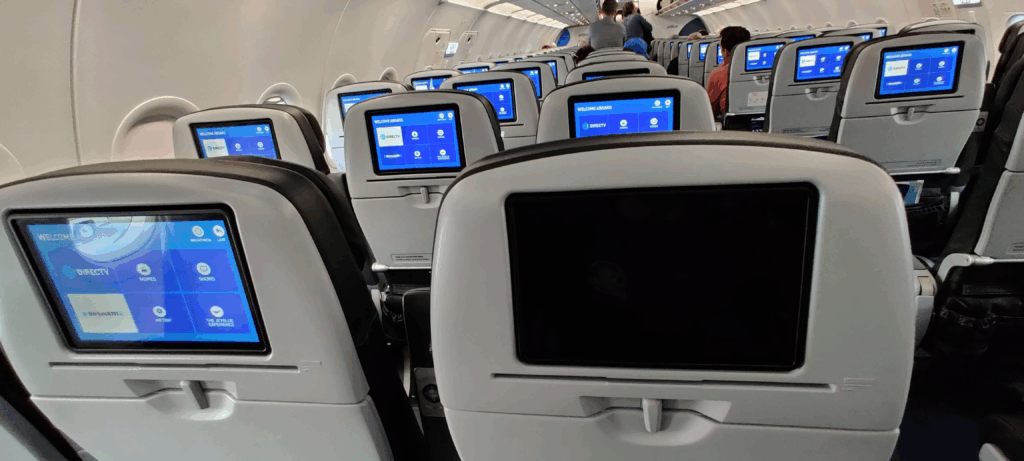- The Bank of America Premier Rewards program is changing in May. The program is famous for its ability to combine $100,000 in assets for a 75% rewards boost with the Unlimited Rewards credit card 1.5x earning to make a 2.625% everywhere card. Or at least, that’s why it will have been famous through May. At that point, bonus tiers become:
– 10% bonus: Up to $29,999.99 in assets
– 25% bonus: Up to $99,999.99 in assets
– 50% bonus: Up to $999,999.99 in assets
– 75% bonus: $1 Million in assets or greater (used to be $100,000+)
I guess $100,000 isn’t what it used to be. You can still earn status with Merrill linked brokerage assets, so consider ACATS of a portfolio into Merrill if you’re really good at 2.625% spend and it’s accessible. If not, it may be time to spread your existing Bank of America assets elsewhere for better use. It’s also probably time to learn about how the fast track program works. - The Chime FinTech platform has a $300 sign-up bonus after $200+ in direct deposits in the first month for new account holders.
These are churnable if you try. - Spirit announced a new rewards debit card issued by Mezu/Alviere bank (lol). The card’s vitals:
– $6.99 monthly fee (it’s Spirit after all)
– 0.5x earning
– 4,000 bonus points monthly based on some minimum balance to be determined
– Group 2 boarding
– 200 points on sign-up, 200 points monthly for 12 months or until Spirit fails, whichever comes first (the latter, duh)
This one isn’t issued by Sunrise like the recent United, Southwest, and Wyndham debits, which means it’s probably got vastly different behavior. On the other hand, I’ll bet you $100 in Pepper coins that Spirit won’t be around before your 12 months of 200 point bonuses run out. - The Blue Board is a fun tool built for tracking United flights and hub statuses. It’s also a great tool for figuring out the right trip to book your way into a travel credit refund. (Thanks to David)
Happy Tuesday!

Positive news: Retired BankAmeriGuy was on-hand for the press conference.






